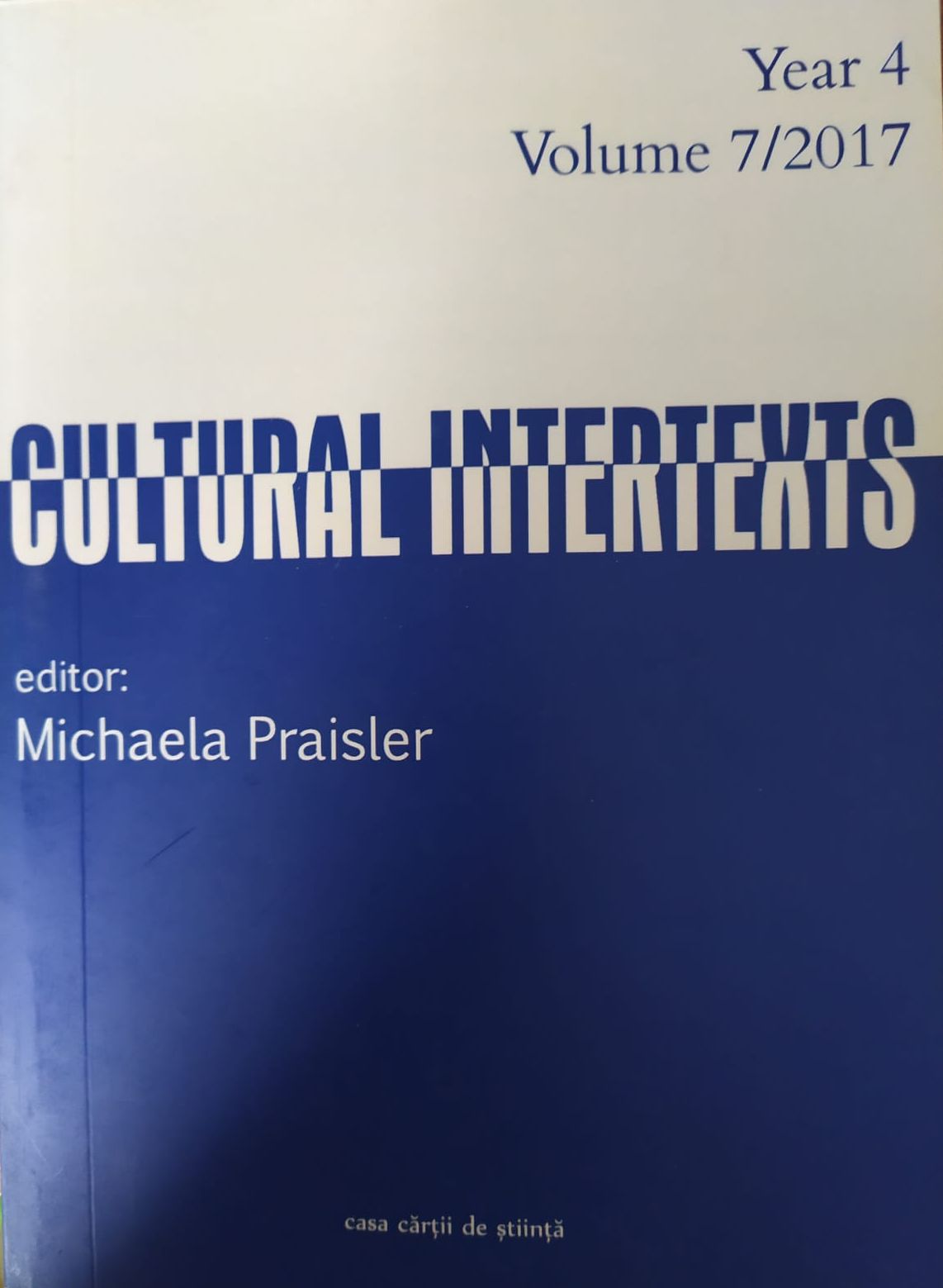Tea first. Then war! - Alan Ayckbourn‘s Neighbourhood Watch (2011): A reflection on Great Britain‘s 21st century internal security policy and its citizens‘ need for safety?
Tea first. Then war! - Alan Ayckbourn‘s Neighbourhood Watch (2011): A reflection on Great Britain‘s 21st century internal security policy and its citizens‘ need for safety?
Author(s): Maria WiegelSubject(s): Politics / Political Sciences, Language and Literature Studies, Literary Texts, Studies of Literature, Civil Society, Drama, British Literature
Published by: Editura Casa Cărții de Știință
Keywords: surveillance; theatre; paranoia;
Summary/Abstract: In a time when terrorism has become a regular topic in newspapers and on television, security appears as a recent and urgent issue. CCTV cameras and surveillance operate in a great part of western public space and life. This article focuses on the ways in which the radicalized internal security policy of the Bluebell Hill Development, in Alan Ayckbourn‘s play Neighbourhood Watch (2011), reflects on Great Britain‘s security policy and society’s need for safety and security throughout the early 21st century. Security policy is one of the main issues in the western countries of the late 20th and the early 21st century. The paradox of using surveillance - a restriction of freedom - for the protection of freedom can be seen in Neighbourhood Watch. The result of contradictory security measures, as argued in this article, leads to paranoia. Neighbourhood Watch functions as a mirror to present-day Great Britain‘s security measures, while using the microcosm of a small neighbourhood.
Journal: Cultural Intertexts
- Issue Year: 7/2017
- Issue No: 7
- Page Range: 219-234
- Page Count: 16
- Language: English

